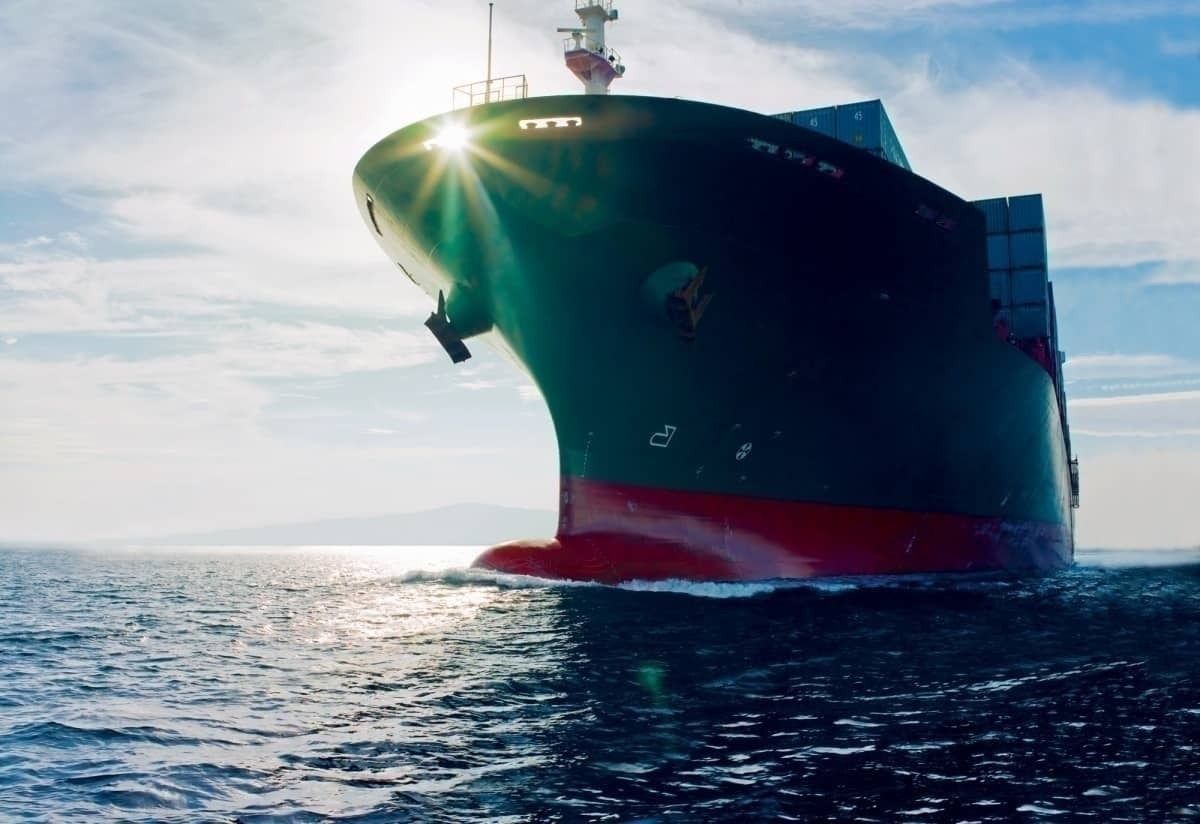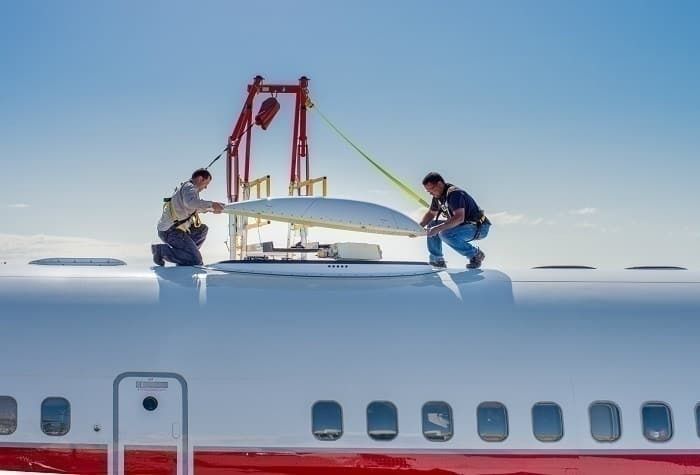Updated: 05/12/20 - Share your predictions on the future of the aviation industry
At FlightPlan, hosted in partnership with APEX earlier this month, Inmarsat Aviation launched an interactive poll to gather views and predictions from across the industry on possible paths to recovery from COVID-19. Hundreds of responses have already been shared, but it’s not too late to have your say. To share your thoughts on where the future of aviation is headed, visit the live survey here.
_________________________________________________________
With the aviation industry facing its toughest crisis in history, much attention is being focussed on how the industry will recover and what it will look like when it does. While a multitude of factors will undoubtedly come into play, connectivity and digitization have a considerable role to play.
Charting a course for the future
Yesterday’s virtual event ‘FlightPlan,’ hosted by Inmarsat in collaboration with the Airline Passenger Experience Association (APEX), set out to look to the future of the industry. While the day was packed with interesting viewpoints and insight, a key point was raised by Inmarsat’s own executives regarding the role digitization could play in the revival of aviation.
Want to stay up to date with inflight connectivity news? Sign up for our monthly IFC newsletter.
Rupert Pearce, CEO of Inmarsat, outlined his thoughts, saying,
“I believe that digitalization lies at the heart of our abilities first survive this crisis and then to drive our ability to rebound from it and start to thrive in whatever new reality lies in front of us. I believe that those who fully embraced the power of digitalization now will be best placed to emerge quicker and stronger than their peers. Why? Because digitalization drives greater business efficiency and effectiveness, greater autonomy and automation, higher quality business intelligence, and above all, better customer intimacy and engagement.”
Pearce highlighted the plight of the merchant maritime industry, which was hit hard by the global financial crisis in the early part of this century. It was the deepest recession felt by the industry since the 1930s, leaving it struggling with high fuel costs, inherent oversupply and stagnant demand.
While the cause of the downturn was very different, the result was the same. Pearce drew some interesting parallels between that event and the situation facing global aviation right now.
Learning from the maritime response
While speculators expected the industry to pull back from investing, to defer new ship deliveries and use older vessels for longer, what happened, in reality, was quite the opposite. Despite the industry being historically somewhat slow to adopt new technology, it swung into action to respond to the crisis.
New, more efficient ships replaced older vessels rapidly, each one arriving equipped with the most modern systems and technology and, of course, satellite broadband. In fact, it was at that moment that the maritime industry really jumped into digitization in a big way, shaping the future as it is today. Pearce said,
“…indeed, it was quickly proven that those shipowners and managers that embrace the power of digitalization were the first to stabilize their businesses and then begin to thrive in the new economic and commercial reality.”
It’s interesting to draw some parallels between what happened in shipping some years ago and what’s happening right now in aviation.
How could digitization lead the way?
The recovery of the aviation industry depends on a multitude of factors, but the theme running through the whole recovery process is that digitization will make it all so much easier. Embracing modern technologies and the benefits of connectivity will drive efficiency across the industry, making it easier to make informed decisions and to balance demand and supply.
Want to stay up to date with inflight connectivity news? Sign up for our monthly IFC newsletter.
As well as orchestrating a successful reset, technology and connectivity have the ability to help meet the shifting priorities in aviation and travel in general. From monitoring health and wellbeing to protecting workers and offering reassurance to passengers, a more connected industry has the potential to ensure a successful return to operations.
Philip Balaam, CEO of Inmarsat Aviation, also spoke during FlightPlan on this subject. His overarching take was,
“Recovery will depend upon a more effective, more creative and more digital approach. These are extraordinarily turbulent times for the industry; there will clearly be winners and losers. My conviction is that the survivors will take a strategic, agile, and technology-led approach, and they will be the ones to bounce back more quickly and stronger.”
What do you think? Will an accelerated adoption of a digital future make for a more successful recovery? Let us know in the comments.
If you’d like to enjoy FlightPlan on-demand and hear from more of the inspirational speakers from yesterday, visit the website to watch any of the segments at your leisure.




